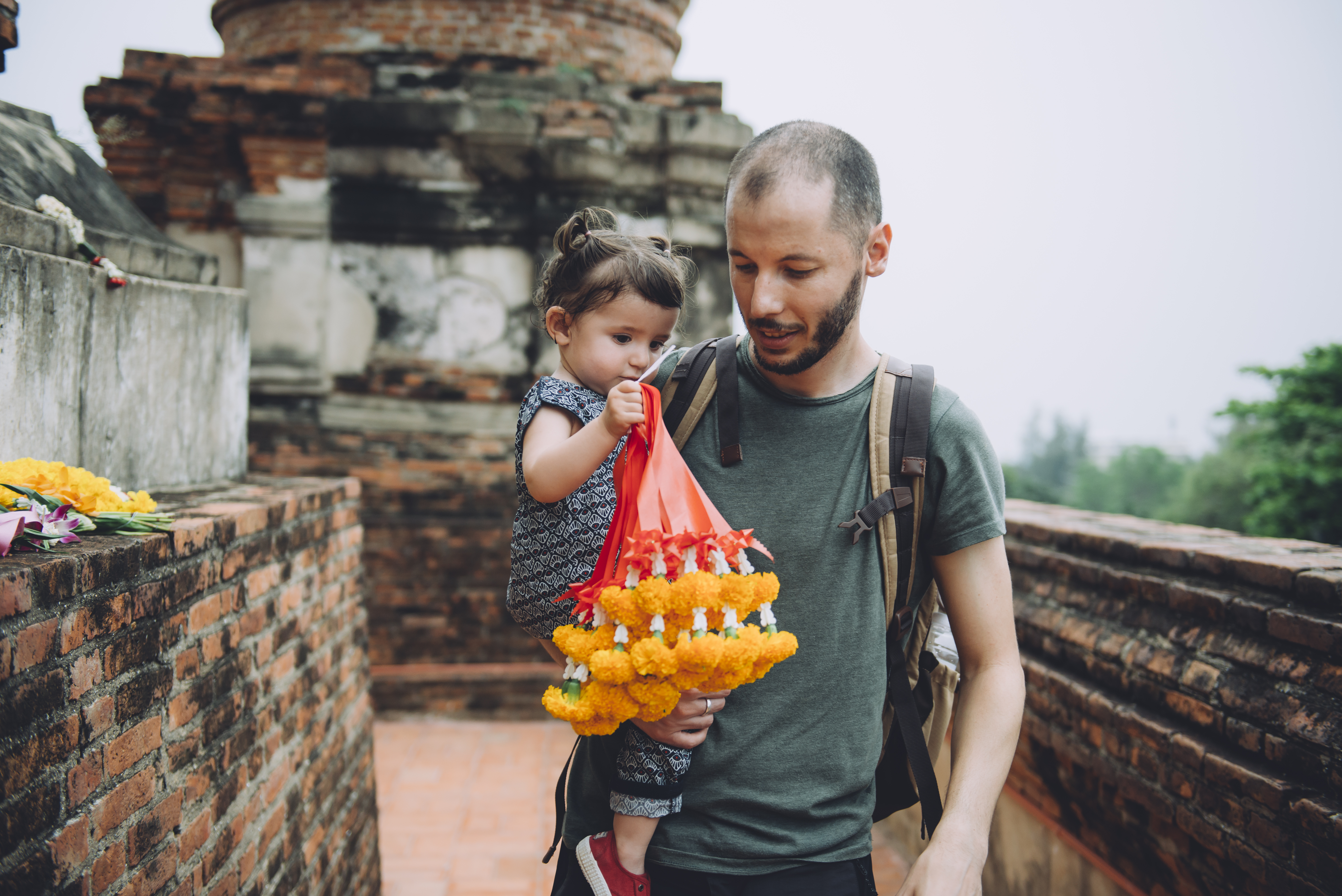The 10 Strangest Unwritten Rules of Different Cultures
Every culture has its own set of unwritten rules—social expectations that are deeply ingrained but never officially documented. These customs dictate everything from how people interact to express respect, hospitality, and humor. While obvious cultural traditions are easy to recognize, the unspoken rules often surprise outsiders the most. Breaking these norms can result in anything from mild confusion to outright offense. Here are 10 fascinating unwritten cultural rules from around the world that you should know before visiting.
1. Japan – Never Pour Your Own Drink

In Japan, drinking is highly social, and pouring your drink is considered rude. Instead, you’re expected to pour drinks for others; they will do the same for you. This gesture reinforces social bonds and mutual respect. If you’re in a group, keep an eye on your companions' glasses—if they’re running low, offer to pour for them. But remember, don’t pour for yourself; wait for someone else to top you up. Why it matters: It shows attentiveness and respect within social and business settings.
2. South Korea – Two Hands for Everything

In South Korea, when giving or receiving anything—money, a business card, or a drink—always use both hands. This is a sign of respect, especially when interacting with elders or superiors. Even when clinking glasses during a toast, younger people should hold their glasses lower than their seniors to demonstrate deference. Why it matters: Using both hands is a way of showing humility and politeness in Korean society.
3. Middle East – The Left Hand Is “Unclean”

In many Middle Eastern countries, the left hand is traditionally seen as unclean and should not be used for eating, shaking hands, or handing items to others. The right hand is reserved for these actions, as the left is associated with personal hygiene. If you’re left-handed, you may need to make a conscious effort to adapt to social settings. Why it matters: Using the left hand for social interactions can be seen as disrespectful or even offensive.
4. Thailand – Never Touch Someone’s Head

In Thai culture, the head is considered the most sacred part of the body because it is closest to the heavens. Touching someone’s head—especially a child’s—is highly inappropriate. Even playful pats on the head, common in Western cultures, are frowned upon. Similarly, feet are viewed as the lowest and dirtiest part of the body, so pointing your feet at someone (such as resting them on a chair) is also considered disrespectful. Why it matters: Respect for the body’s hierarchy is deeply ingrained in Thai Buddhist traditions.
5. Italy – Coffee Etiquette: No Cappuccino After 11 AM

Italians take their coffee seriously, and ordering a cappuccino after 11 AM will instantly mark you as a tourist. Cappuccinos (and other milk-based coffee drinks) are strictly morning beverages, as Italians believe milk-heavy drinks interfere with digestion later in the day. After lunch or dinner, Italians prefer an espresso to aid digestion. Why it matters: Italians have strong culinary traditions, and ignoring them may result in confused looks from locals.
6. China – Leave Some Food on Your Plate

In China, finishing everything on your plate can send the wrong message. While an empty plate often signals appreciation in Western cultures, in China, it may suggest that your host didn’t provide enough food. Leaving a small amount of food uneaten is best to show that you are satisfied. However, this unwritten rule can vary depending on the region. Why it matters: It reflects the importance of generosity and abundance in Chinese hospitality.
7. France – Keep Business and Personal Life Separate

In France, there is a strict division between work and personal life. Unlike in the U.S., where casual small talk is common in the office, the French prefer to keep work relationships professional. Asking personal questions (such as “What do you do for fun?”) in a business setting can feel intrusive. Similarly, discussing work matters at social gatherings is generally discouraged. Why it matters: French culture values privacy and clear boundaries between work and leisure.
8. Brazil – Being Late Is No Big Deal

In Brazil, punctuality is a fluid concept. Arriving 15–30 minutes late to a social event is normal and sometimes even expected. Showing up exactly on time can make you seem overly rigid or formal. However, business meetings tend to follow a stricter schedule—though there is some flexibility. Why it matters: Understanding time expectations can prevent frustration and misunderstandings.
9. Russia – Never Smile at Strangers

In many Western cultures, smiling at strangers is a common way to appear friendly. Not in Russia. A random smile from a stranger is often seen as suspicious, insincere, or even foolish. In Russian culture, smiles are reserved for genuine happiness shared between friends and family. This doesn’t mean Russians are unfriendly—it’s a different approach to expressing emotions. Why it matters: A lack of smiles doesn’t mean someone is rude or unfriendly—it’s just cultural!
10. India – Always Accept an Offer (at Least at First)

In Indian culture, hospitality is deeply valued, and it’s customary for hosts to offer food or drinks multiple times before a guest accepts. If you immediately say “yes” to an offer, it may appear impolite or too eager. Instead, it’s expected that you politely refuse once or twice before accepting. This back-and-forth reflects the warmth and generosity of Indian hospitality. Why it matters: Understanding this custom prevents confusion and helps you navigate social interactions gracefully.
These unspoken customs may not be written in any rulebook, but they hold immense importance in shaping social interactions worldwide. While some may seem strange or unexpected to outsiders, they reflect each culture's values, traditions, and priorities. Learning about these unwritten rules isn’t just about avoiding awkward situations—it’s a way to show respect, connect with locals, and experience cultures more authentically. So, next time you find yourself in a new country, pay attention to these hidden social cues—you might impress the locals!







